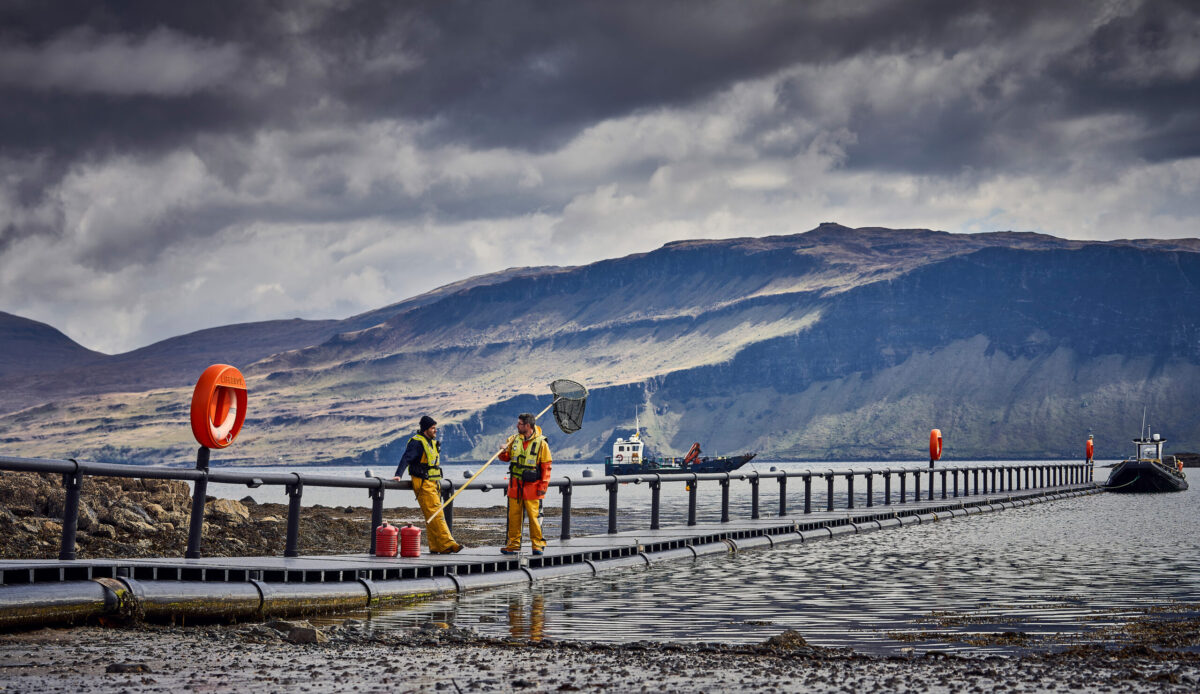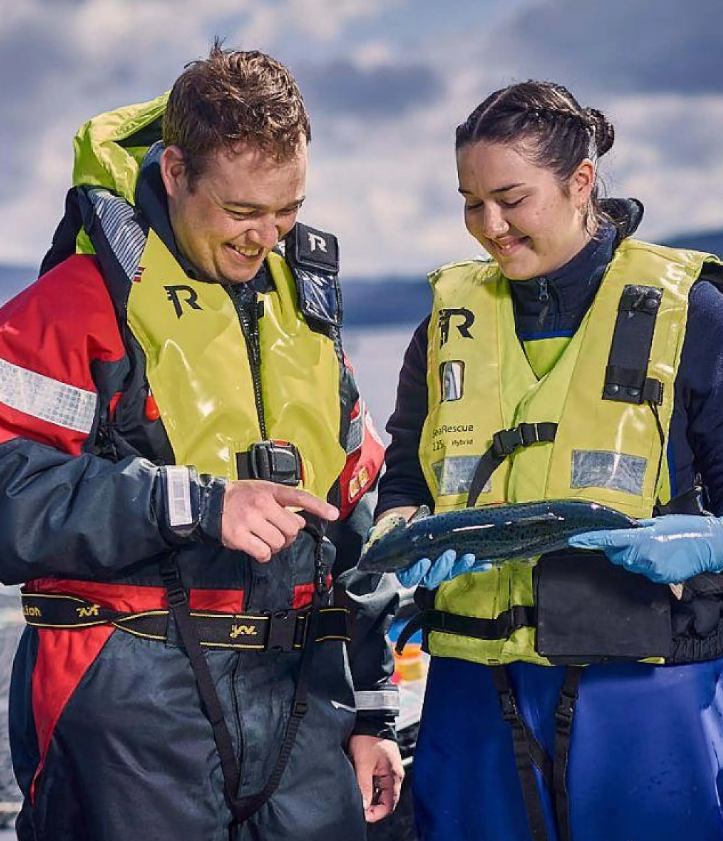Bakkafrost explains Scotland turnaround

Bakkafrost has outlined how an early harvest policy and sourcing smolts from its own in-house production helped to achieve a significant improvement in its Scottish division.
The company today announced significantly Q2 higher revenue and profits from Scotland, which had been troubled by biological and other issues over the previous 18 months.
In its report for Q2, Bakkafrost said that, during the April to June period this year, farming operations in Scotland followed a de-risking strategy which had been developed on the back of a biological recovery that started in late Q3 last year.
The report states: “One key element of this strategy is to harvest around 70-75% of the planned total harvest volume for 2024 during Q1 and Q2, ahead of Q3 which tends to bring more biological challenges in Scotland.
“Preparations to execute the strategy were made in Q4 2023 during which Bakkafrost built up biomass and increased the size of fish in the water by improved biological control minimising harvest volumes.
“In Q2 2024, the biological performance in Scotland has been good, harvest volumes increased significantly and by the end of Q2, around 75% of the planned harvest volume for 2024 had been harvested at good average harvest weights.
“The exceptional mortality year to date (by mid-August) is significantly lower compared to same period the previous two years. Sea lice levels and gill health have been under good control in this quarter.”
As a consequence of this de-risking strategy, however, Bakkafrost’s harvest volume in Scotland will be lower in the second half of this year.

Bakkafrost Scotland staff with smolt
Bakkafrost’s strategy for the Scottish operation also covers freshwater operations. The company has made strategic adjustments to its short-term production plans and conducted a comprehensive risk assessment for all farming sites, including evaluating the feasibility of stocking and farming these sites using various strains, hatcheries, and smolt sizes.
Based on this evaluation, Bakkafrost has prioritised and advanced the use of large, high-quality smolt from its Applecross hatchery over external sources. Applecross will supply nearly all of the required smolt to the marine sites in 2024, the company said, adding however that delivery of large high-quality smolt has been delayed to Q4 2024.
It said: “Only by exception will smolts be sourced externally, if the size and quality of the smolt is sufficiently high.”
In Q2 2024, the average weight of released smolt in Scotland was 95 grams, which is 23% lower than in Q2 2023.
The company added: “The reduced average weight and delayed ramp-up of the production is a direct consequence of the startup issues at Applecross, experienced in Q1 2024, as reported in previous quarter. Applecross is expected to supply large batches of smolt in Q3 and Q4 2024 at increasing average sizes, averaging 200 grams in Q4.
When the Applecross 5 expansion is completed later this year, Bakkafrost will have the capacity to produce all smolts for Scotland at around 200-300 grams.

Applecross site under construction

